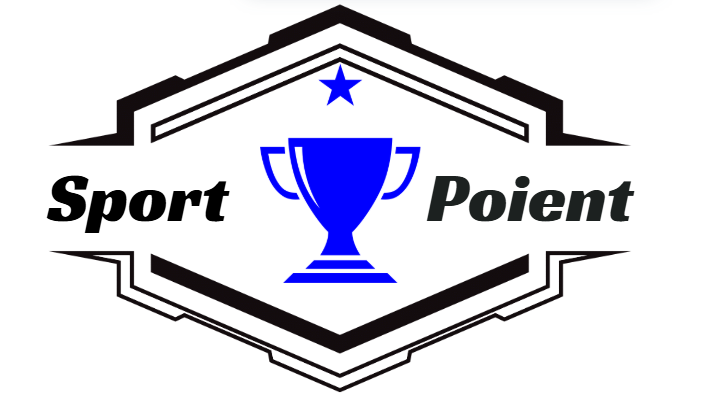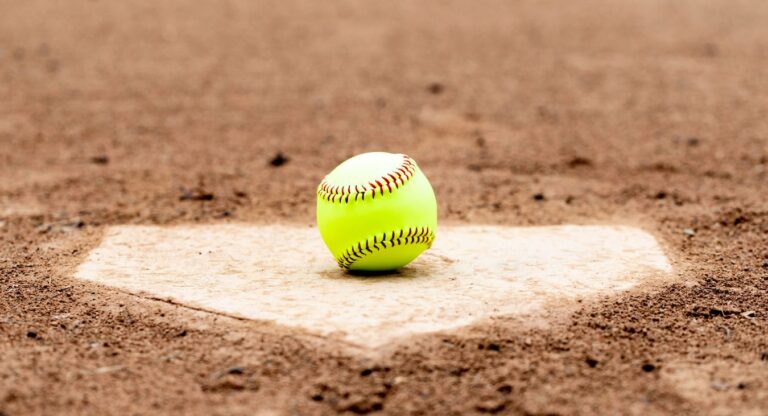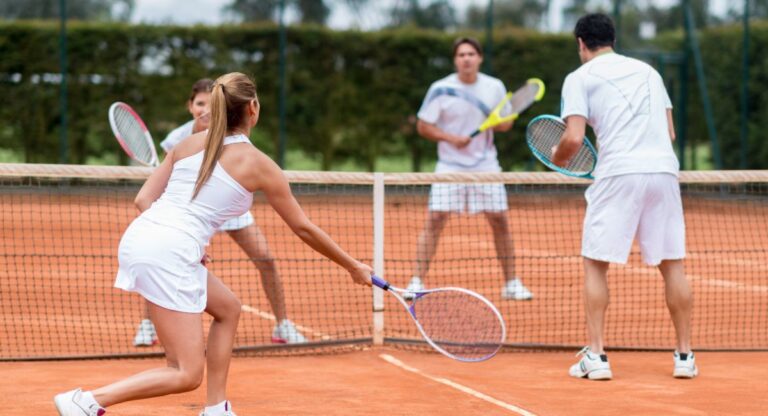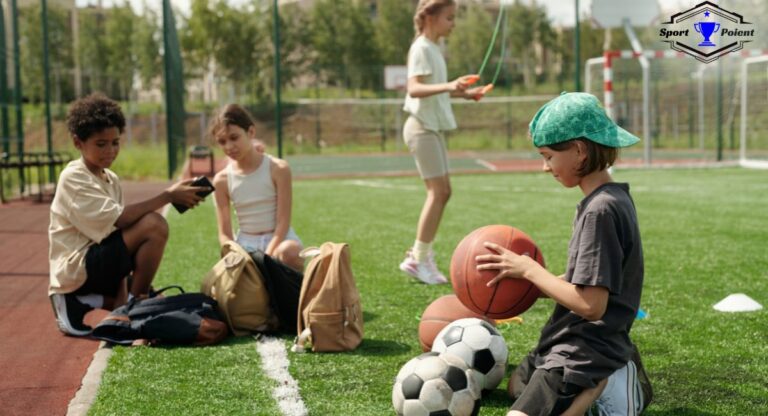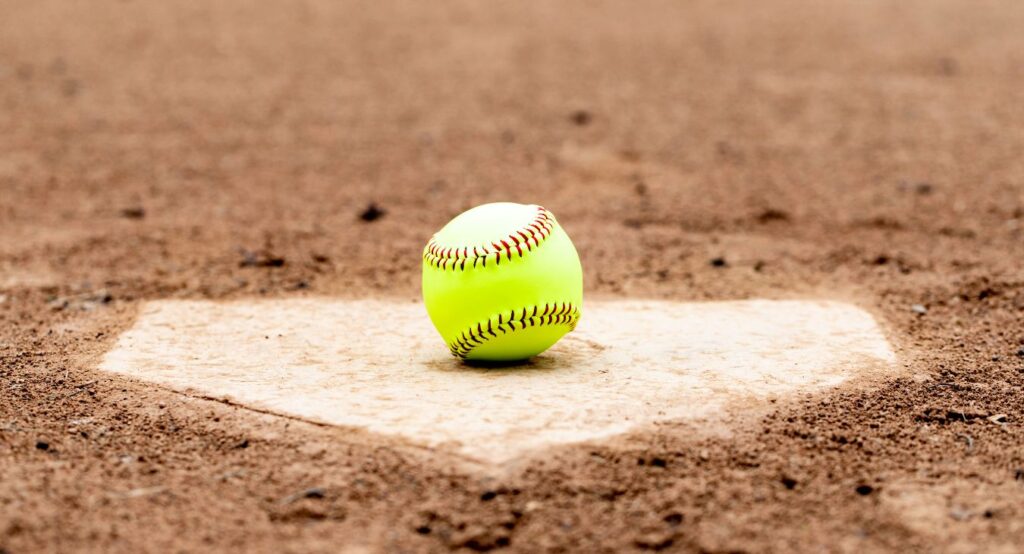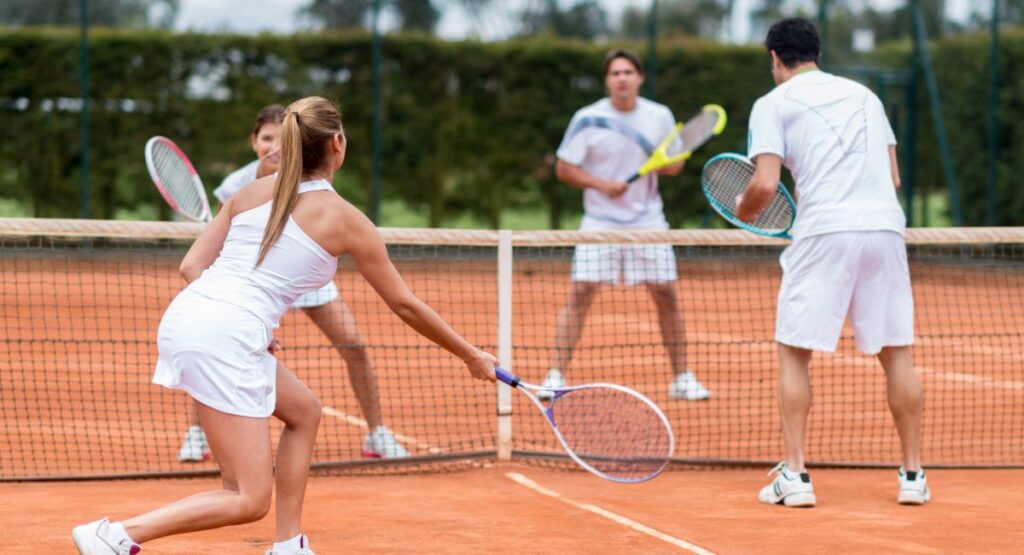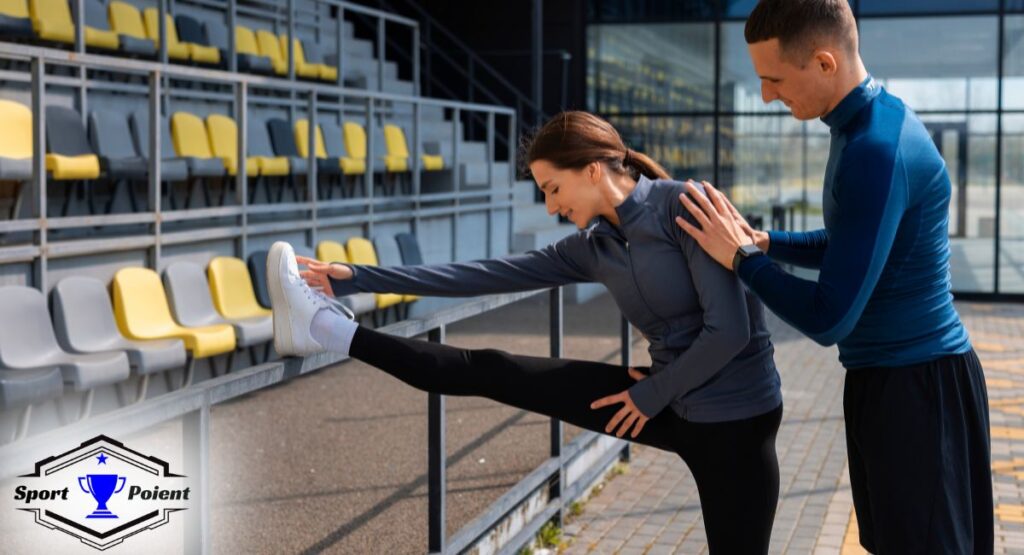1. Introduction – Why Focus Defines Champions
In every sport, mental focus separates good athletes from great ones. Many professionals admit their biggest wins come not from physical strength, but from unshakable concentration when pressure peaks. Learning how to improve focus in sports is the secret to achieving consistent, peak performance—whether you’re training, competing, or coaching. Built on sports psychology insights and real athlete development experience, this guide shares mental drills, concentration training exercises, and focus recovery techniques trusted by experts. Designed for athletes, coaches, and students, it helps sharpen attention, eliminate distractions, and build a champion mindset.
2. What Does Focus Really Mean in Sports?
In sport, focus means directing your mind toward what matters right now—the movement, the play, the outcome. Concentration is sustaining that focus despite chaos or distraction. Together they form the foundation of elite performance. Strong attention regulation lets athletes process information faster and execute with precision. During practice, focus builds habits; in competition, it applies them under stress. Regular mental focus drills and attention training for athletes under pressure preserve composure. In simple terms, mastering how to improve focus in sports means knowing where, when, and how to place your attention for the best results.
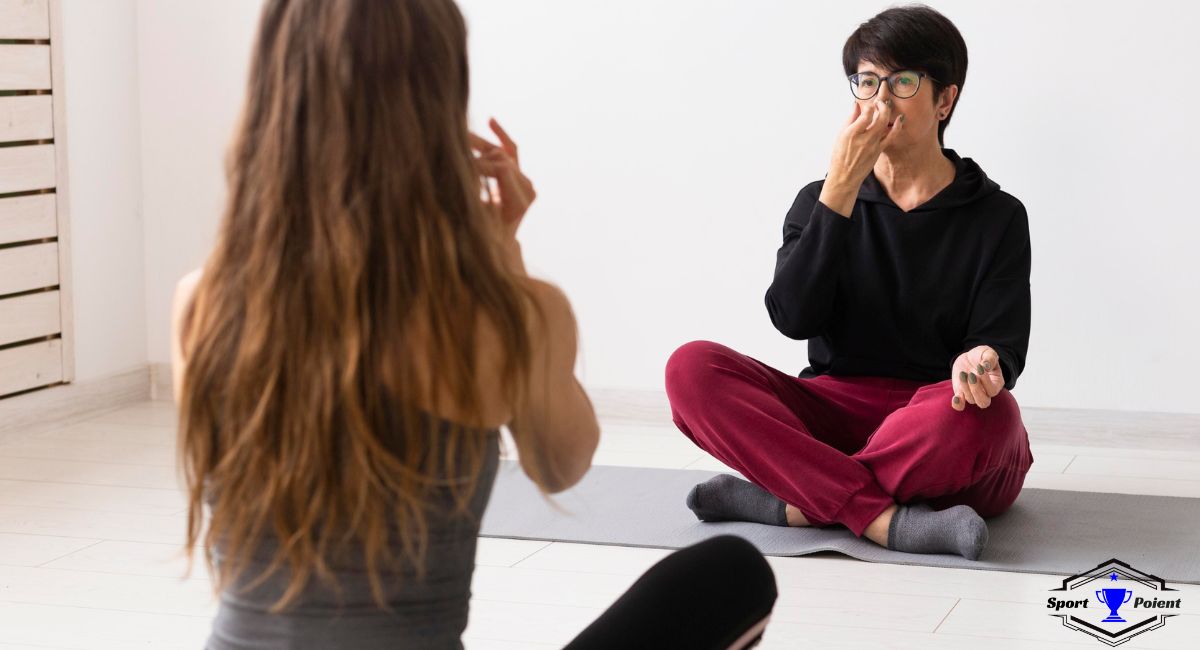
3. The Psychology Behind Focus & Concentration
From a sports psychology standpoint, focus begins in the mind—training the brain to filter noise and stay engaged. Concentration techniques for endurance sport athletes extend stamina, while attention span training for athletes builds mental endurance. Pressure, anxiety, and fatigue can derail performance; developing focus performance under pressure in sport through breath control, confidence cues, and mental conditioning restores clarity. As a performance practitioner, I’ve seen how embracing how to improve focus in sports converts stress into calm consistency.
4. What Causes Athletes to Lose Focus?
Common causes include:
- Internal distractions: negative self-talk, nerves, overthinking.
- External distractions: crowd noise, weather, teammate errors.
- Digital distractions: notifications, screen fatigue, overstimulation.
Create focus recovery routines after a mistake in sport to reset quickly (breathe, cue word, present-moment refocus). True performance starts with the mind; learning how to improve focus in sports is mastering mindset before movement.
5. Foundation for Mental Focus – Building Your Mindset
A powerful mindset sustains mental focus under stress. Adopt a growth mindset so setbacks become opportunities. Use process goals vs outcome goals to keep attention on controllables (e.g., “scan, set, strike” vs “score”). Commit to habit formation for focus—brief mindfulness breaks, short refocus cues, end-of-day reflection. Coaches can reinforce sport concentration tips (clear cues, short feedback loops, distraction-proof huddles). This mental architecture is the first step in practicing how to improve focus in sports effectively.
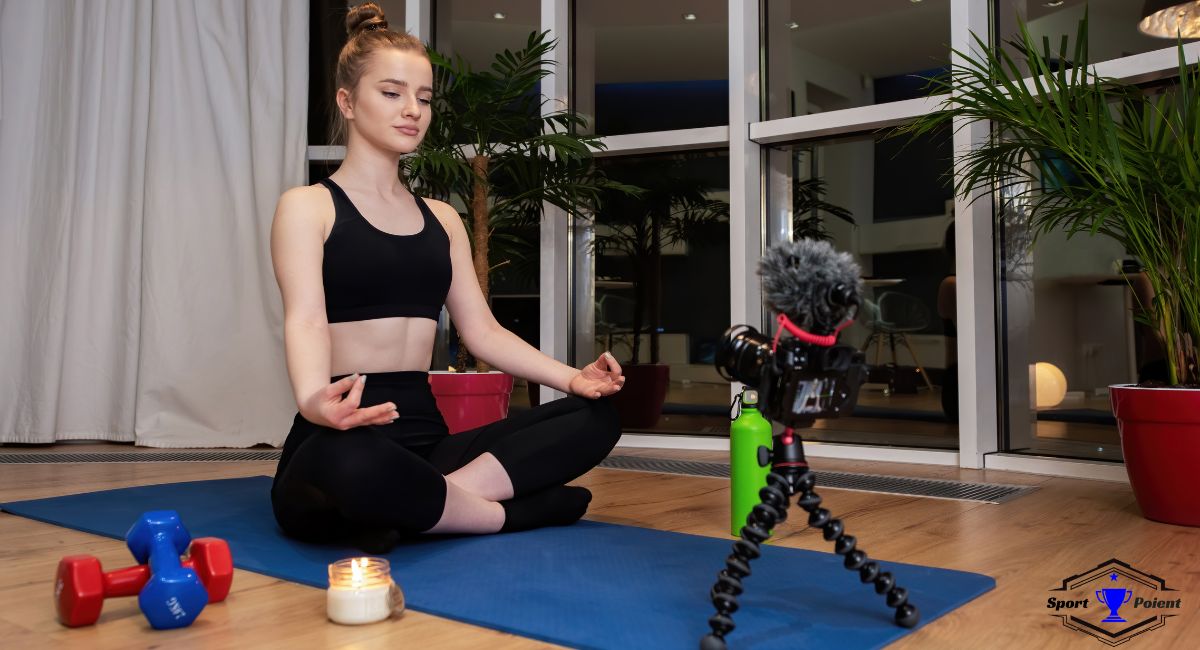
6. Physical & Lifestyle Factors That Influence Focus
Your body and brain work in sync. Prioritize sleep, balanced nutrition, and adequate hydration—the focus and concentration nutrition/hydration effect in sport supports reaction speed and decision accuracy. Avoid over-training that blunts cognition; plan deloads. Schedule digital detox windows and short mental recovery routines between sessions to restore energy. Elite programs treat these as non-negotiables in how to improve focus in sports for long-term sharpness.
7. Focus Training & Drills for Athletes
Practical training turns knowledge into performance. Use the matrix below to select and progress drills.
| Type | Drill / Exercise | How to Do It | Primary Purpose | Progression |
| Mindfulness drills | Anchor breathing, body-scan, sensory check | 2–5 min pre-session | Calm arousal, widen awareness | Increase duration; add post-error resets |
| Visualization exercises | Rehearse key plays & transitions | 3–5 scripted reps | Prime motor patterns | Add crowd noise/pressure imagery |
| Cue-word training | “Steady,” “reset,” “attack” | Pair with breath & action | Instant refocus trigger | Personalize per scenario (serve, sprint, shot) |
| Focus drills for team sports | Call-and-respond, sync tasks | Timed, high-tempo reps | Communication under stress | Reduce time; add decision branches |
| Concentration training exercises for athletes | Single-task, reaction-control | Metronome or coach cues | Precision & response speed | Shorter intervals, faster cues |
| Attention training for athletes under pressure | Simulated stress sets | Score/time penalties | Toughness & composure | Layer fatigue + noise |
| Pre-performance focus routine | 60-sec checklist (breathe, cue, visualize) | Before every rep/game | Consistent mental start-state | Standardize for travel/away games |
Consistent use makes how to improve focus in sports a daily habit, not a theory—translating nerves into precision and control.
8. Implementing Focus in Practice & Competition
To truly apply how to improve focus in sports, embed mental skills into every session. In warm-ups, add breath resets and one focus cue. During practice, target a single attention goal (e.g., “scan first”). In scrimmage, carry the same cues and self-talk. On game day, run your pre-performance focus routine unchanged to increase focus during competition sports. Coaches and captains should model a focus-first culture (quiet eye contact, concise prompts, fast resets). Over time, these patterns become automatic.

9. Regaining Focus Mid-Game
Even elite players lose concentration—the advantage is how fast you recover:
- Pause + 2 deep breaths to drop heart rate.
- Cue word (e.g., “next play,” “reset”) to re-anchor.
- 1-second visualization snapshot of the correct action.
- Present-moment lock-in: ball, opponent, space.
These focus recovery routines after a mistake in sport restore attention within seconds. Athletes who practice how to improve focus in sports this way become pressure-proof.
10. Building a Sustainable Focus Program (4-Week Plan)
A structured sports focus training program turns intent into habit. Use attention cue development for athletes and simple metrics to track progress.
| Week | Primary Objective | Daily Actions (10–15 min) | Metrics / Proof |
| 1 – Awareness | Identify distractions; set one process goal | 2-min breath; note 1 distraction after practice | Focus rating (1–5), distraction log |
| 2 – Skill Install | Install cues & routine | Cue-word reps; 60-sec pre-performance focus routine | % reps with correct cue use |
| 3 – Pressure Transfer | Apply under stress | Simulated fatigue/noise sets; time-bound drills | Error-to-reset time (sec) |
| 4 – Recovery & Habit | Sustain long-term focus | Rest windows; brief reflection; travel checklist | Sleep hrs; RPE; weekly focus trend |
Follow consistently to strengthen how to improve focus in sports and build lifelong mental discipline.
11. Advanced Insights & Special Considerations
- Youth athletes & students: Shorter attention span training for athletes, playful cues, positive reinforcement.
- Individual vs team sports: Individuals need self-driven routines; teams require shared cues and communication rhythms.
- Endurance vs power: Endurance relies on sustained attention; power sports need rapid, explosive focus shifts.
- Tech & biofeedback: Wearables and apps quantify attention drift, heart-rate recovery, and time-to-reset.
- Environment: Travel, jet lag, altitude, and schedule density—all warrant a travel-day focus plan and adjusted routines.
12. Measuring & Maintaining Your Focus Habit
Use simple tools or checklists weekly to verify execution, not just intention. Track mental and physical metrics monthly (sleep hours, RPE, error-to-reset time, decision latency on video review). Keep a focus journal with three lines max: “What distracted me?”, “What worked?”, “What I’ll do next time.” If progress stalls, consult a sports psychologist or performance coach to refine drills and the environment. This data-driven approach ensures skill transfer and keeps your focus program evolving.
13. Conclusion – Focus Is a Skill, Not a Gift
Developing elite attention isn’t luck—it’s discipline, awareness, and repetition. Start with one drill, one cue, and one daily reflection. Build steadily. Remember: Your body follows your focus—train it daily to reach your peak. For deeper guidance, explore our advanced resources or collaborate with our team to tailor a research-backed focus system to your sport and role.
